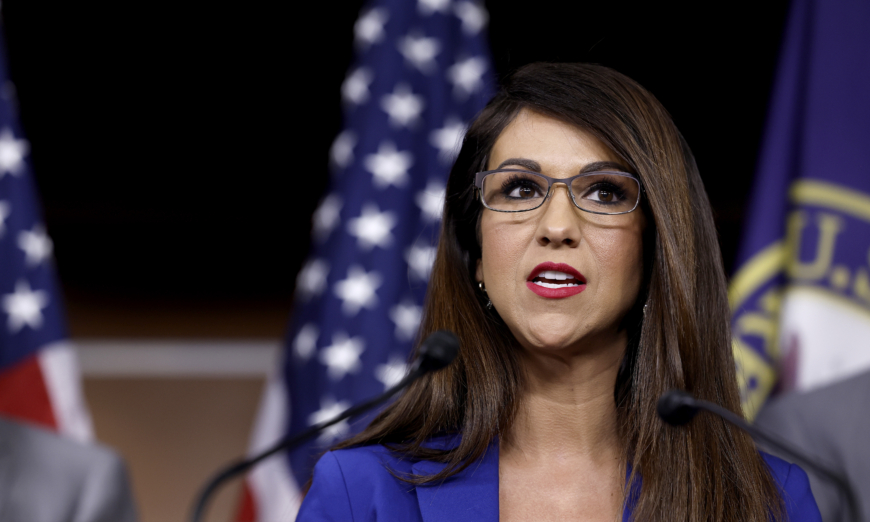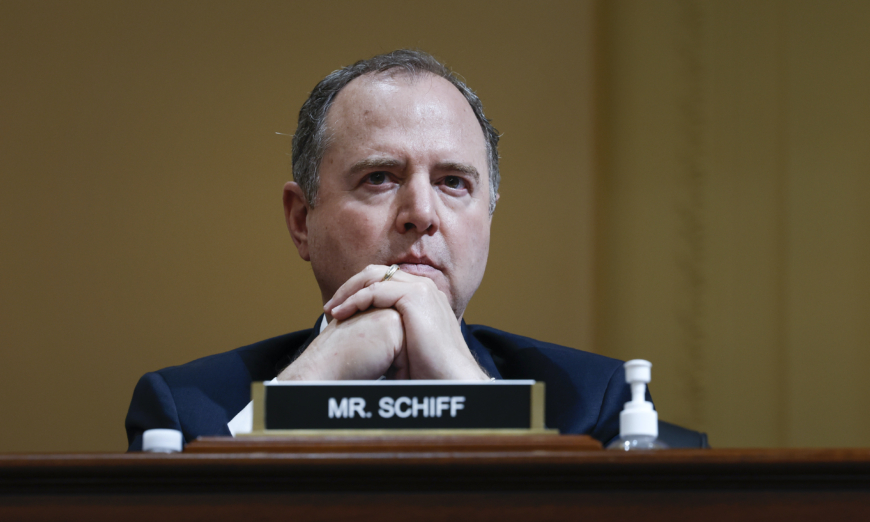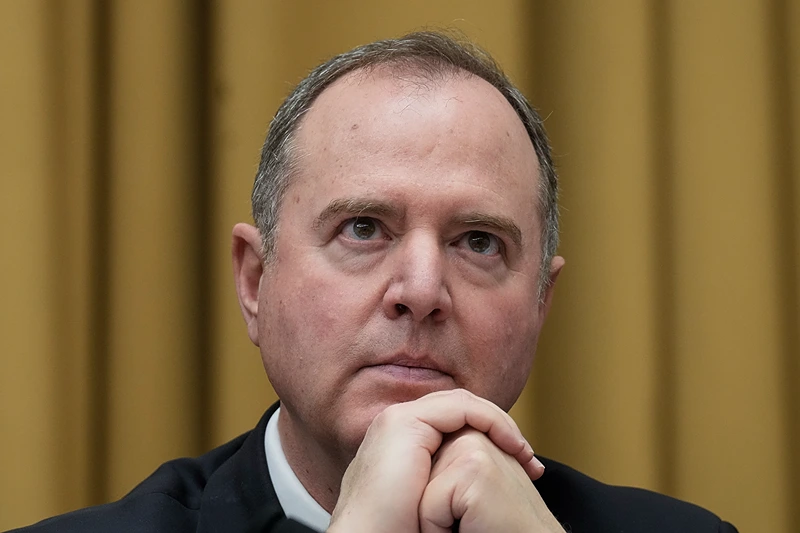House approves debt ceiling bill in a landslide vote, averting default only five days away.
The House Votes to Raise Debt Ceiling, Avoiding Economic Catastrophe
The House voted on Wednesday to raise the debt ceiling, marking the first step toward avoiding economic catastrophe just five days before the Treasury’s deadline for default.
Lawmakers easily passed the Fiscal Responsibility Act in a 314-117 vote, with 165 Democrats joining 149 Republicans to back the legislation. The bill, a bipartisan compromise crafted by Speaker Kevin McCarthy (R-CA) and the White House, now heads to the Senate, where a single senator can hold up its passage.
Biden Works to Push Debt Ceiling Deal Over the Finish Line
The vote comes after a massive whip operation by both parties, with Minority Leader Hakeem Jeffries (D-NY) delivering McCarthy the support needed to get the bill across the finish line. Although the deal imposes modest spending cuts, most Democrats considered backing the measure to be preferable to default.
- Conservatives and even some McCarthy loyalists joined with progressives in opposing the deal.
- The bill’s passage marks a major win for McCarthy and follows a monthslong standoff with the White House considered to be the biggest test of his early speakership yet.
McCarthy, flanked by the rest of House leadership and his two lead negotiators, hailed passage of the bill on Wednesday night as a step toward fiscal responsibility.
“I wanted to do something that no other Congress has done,” he said in a press conference, “that we would literally turn the ship for the first time.”
“Tonight, we all made history because this is the biggest cut and savings Congress has ever voted for,” McCarthy added.
- Democrats helped push the bill through a procedural hurdle on Wednesday afternoon, as some 52 members of their caucus voted to advance the bill after 29 Republicans opposed it.
- The crossover votes handed McCarthy a win, teeing up its final passage, but it also angered the hard-line conservatives who say it raises questions about the speaker’s loyalty to his own conference.
“It confirms that Speaker McCarthy capitulated on nearly every front during negotiations with the Biden White House,” Rep. Andy Biggs (R-AZ) told the Washington Examiner. “The McCarthy plan caters to the Democrats’ radical wish list. You have to question if Speaker McCarthy is more willing to meet Democrat priorities or the priorities of his own party.”
McCarthy has brushed off the possibility of his ouster, with his leadership team insisting he got the best deal possible under a divided government.
“Everybody has the ability to do what they want,” he said on Wednesday. “But if you think I’m going to wake up in the morning and ever be worried about that? Doesn’t bother me.”
The 99-page bill was filed on Sunday evening, starting a 72-hour clock for members to read the text and decide their vote. A steady stream of hard-liners and progressives came out against it ahead of final passage.
The bill proposes suspending the nation’s debt ceiling until Jan. 1, 2025, in effect putting off another debt ceiling showdown until after the 2024 presidential election. Conservatives opposed setting a date rather than a dollar amount for the borrowing limit, arguing it gives Washington a blank check.
Other provisions in the deal, which roughly sets a two-year freeze on discretionary spending, would reclaim unspent COVID-19 relief, reduce funding for the IRS, and restart student loan payments.
As expected, no one emerged from negotiations with everything they wanted. But each side claimed victory as Democratic and Republican leadership sought to sell the deal to their membership and the public.
The White House sent House Democrats a two-page memo outlining the debt limit bill and all of the policies that President Joe Biden was able to preserve as part of the agreement. One of the top wins for Biden was preserving Medicaid from additional work requirements.
Meanwhile, McCarthy touted how Republicans were able to get Biden to the negotiating table after he refused for months. He hailed the deal as a win for fiscal conservatism.
Biden pushed back on assertions that he dropped his previous pledge not to negotiate over the debt ceiling, saying the agreement he cut was part of the budget process, not a concession on the debt ceiling itself.
With the approval from the House, the legislation will now head to the Senate, where it could take a few days before it’s passed. After that, Biden will sign the bill into law.
The clock is ticking for Congress to advance the legislation before the so-called Monday “X-date” — the day the country is expected to no longer be able to pay interest on the debt. Treasury Secretary Janet Yellen updated the deadline from her initial projection of June 1, buying lawmakers four extra days to finalize an agreement and get a bill passed before a possible default.
" Conservative News Daily does not always share or support the views and opinions expressed here; they are just those of the writer."





